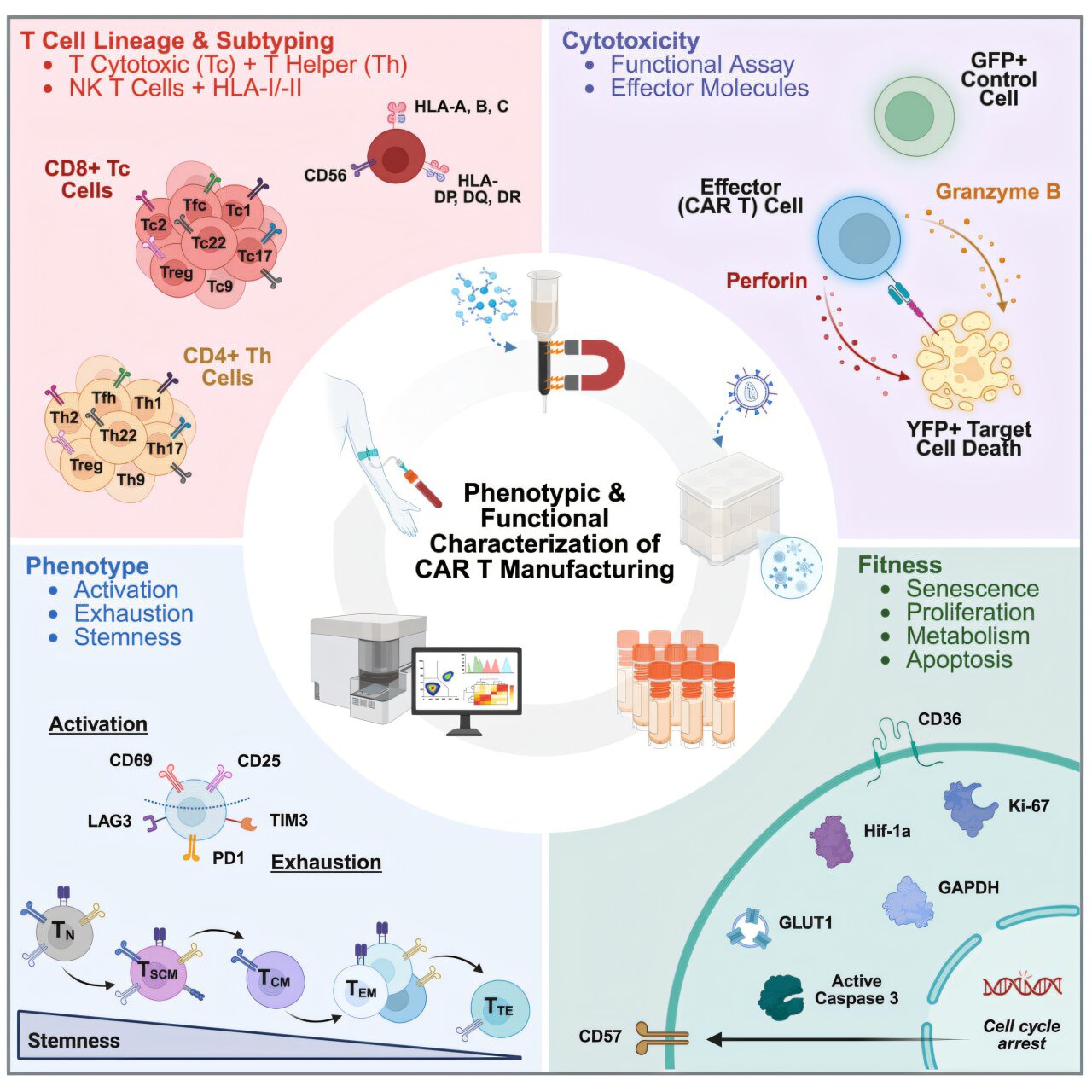Revolutionary Laser Tech Supercharges Cancer-Fighting T Cells

Breakthrough in Cancer Immunotherapy: USC Researchers Unveil Cutting-Edge CAR T-Cell Analysis Tool
Scientists at the Keck School of Medicine of USC have pioneered a groundbreaking technological approach that promises to revolutionize our understanding of chimeric antigen receptor (CAR) T-cell therapy. This innovative tool offers unprecedented insights into the complex world of cellular engineering, tracking the intricate evolution of CAR T-cells during the manufacturing process.
The advanced analytical method allows researchers to delve deeper than ever before into the molecular transformations of these powerful immune cells. By providing a comprehensive view of how CAR T-cells develop and change, the tool opens up exciting new possibilities for optimizing cancer treatment strategies.
This remarkable development represents a significant leap forward in personalized medicine, potentially enabling more precise and effective immunotherapies. Researchers can now monitor cellular changes with remarkable detail, potentially improving the efficacy and reliability of CAR T-cell treatments for patients battling complex diseases.
The breakthrough highlights the Keck School of Medicine's commitment to pushing the boundaries of medical research and developing innovative solutions that could transform patient care in the fight against cancer.
